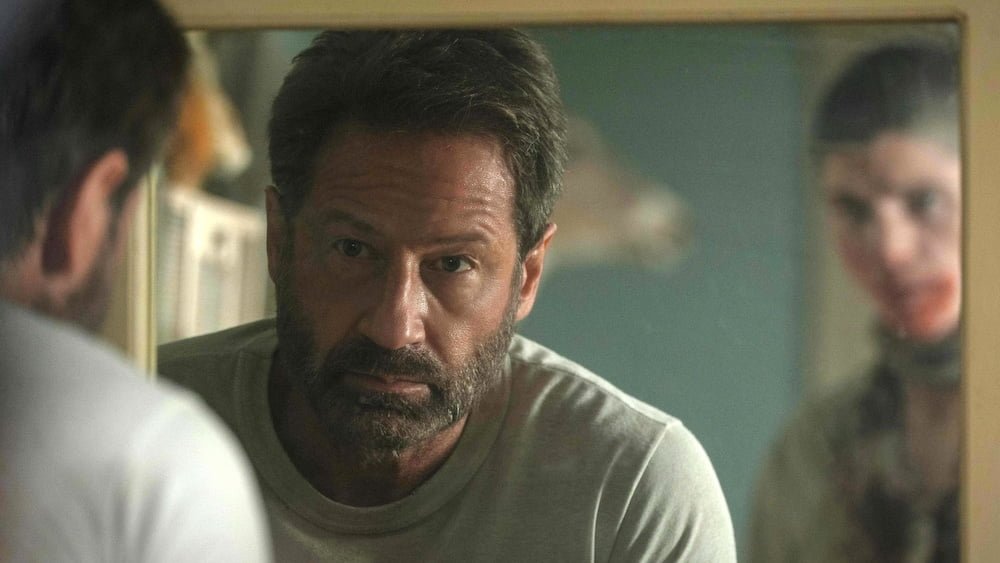Should Have Stayed Six Feet Under
[ad_1]
Evil, as conceived by Stephen King, is an inexorable force as old as the world itself. It exists in countless forms, some of which can be staved off for a time but none of which can be extinguished permanently. It’s as much a part of the earth as it is a part of us, and it persists in a way none of us can or will.
The best adaptations of King’s work get under the skin as they force you to reckon with such ideas, staying with you in much the same way his books do. “Pet Sematary: Bloodlines” is not one of those adaptations. On a scale from “Thinner” to “The Shining,” it falls in the bottom half alongside the likes of last year’s “Firestarter” remake. (That the original even spawned a sequel, remake and now a prequel is a bit puzzling in and of itself, as it hardly ranks among the better movies based on King’s work.) “Who asked for this?” is the question such projects invoke, and Lindsey Anderson Beer’s film never comes up with a satisfying answer.
Set in Ludlow, Maine, in 1969 — 14 years before the novel was released, 20 before the first movie — “Bloodlines” suggests that its setting, not unlike the town of Derry in “It,” is a nexus of malignant forces due in part to the original sin committed by its founders. The good ol’ days are spoken of often, usually with more melancholy than fondness. Ludlow is the kind of town everyone grows up hoping to leave but few actually do.
The return of a local boy named Timmy (Jack Mulhern) from Vietnam — honorable discharge, Silver Star — sets off a series of events that make it plain why everyone is on edge here. A bird flies into Jud Crandall’s (Jackson White) windshield as he and his girlfriend Norma (Natalie Alyn Lind) attempt to get out of Dodge and join the Peace Corps. Tommy’s dog savagely attacks Norma and puts her in the hospital. A few of the locals fear they know what it all means, and if every horror movie ever is any indication, they’re probably right. That those locals are all descendants of Ludlow’s founders lends even more credence to their ill feeling.
Among the film’s many flaws — its flat aesthetics, the forgettable characters who inhabit it (including David Duchovny and Pam Grier, both underused) — perhaps the most egregious is its utter lack of atmosphere. There’s no sense of foreboding despite its attempts to unsettle, no feeling that the early warning signs are leading to anything especially frightening. Audiences already know what the eponymous burial ground does to anyone (or anything) unlucky enough to be interred there, and “Bloodlines” does little to live up to or expand the mythos.
One too-brief exception is a sequence that takes place in 1674 and relates to the town’s conception as English settlers come upon the land and fail to heed the many signs that they aren’t welcome here. It’s by far the most compelling portion of the film, not least because it actually feels different from the prior three movies. Had the entirety of “Bloodlines” taken place in this timeline, it quite likely would have justified its existence more than this version does.
Beer, whose many upcoming writing credits are so wide-ranging as to include remakes of both “Bambi” and “Short Circuit,” feels boxed in by the franchise’s expectations and would likely fare better on a project whose source material hasn’t been gathering dust for the last few decades. “Sometimes dead is better,” King wrote in his novel. Forty years and four movies later, those words have rarely felt more true.
[ad_2]
Source link

